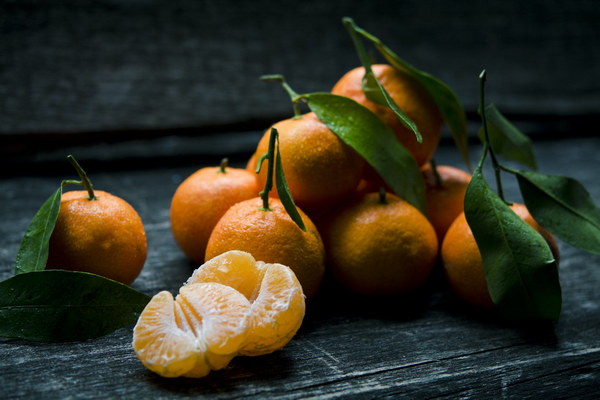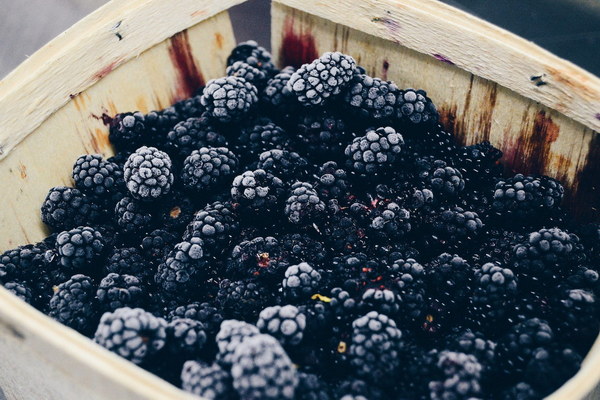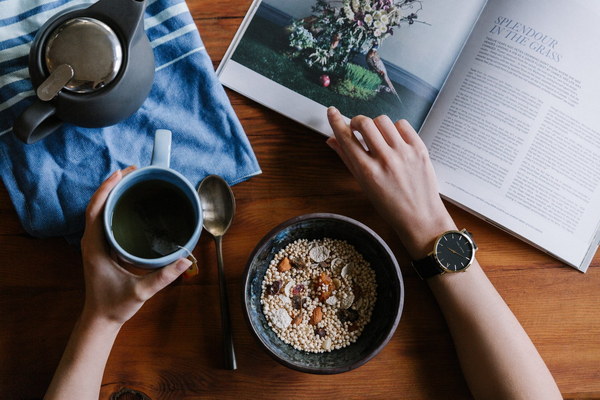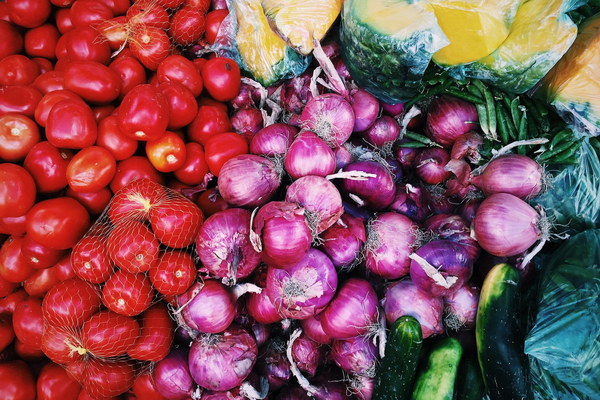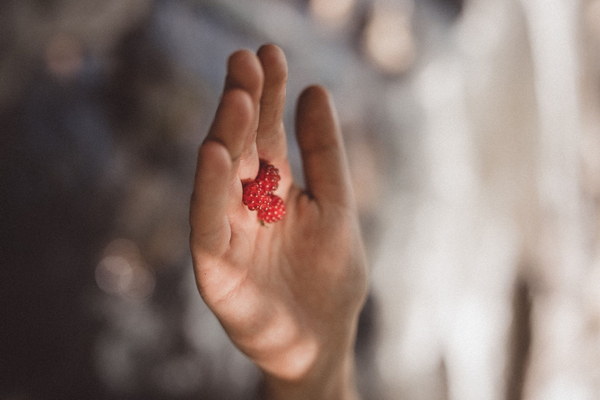Unveiling the Secrets of Liver-Protecting and Damp-Relieving Traditional Chinese Herbs
In the realm of traditional Chinese medicine, there exists a profound understanding of the human body and its intricate balance of yin and yang. One of the key principles in this system is the concept of dampness, which is often associated with a variety of health issues. Liver-protecting and damp-relieving herbs have been used for centuries to address these concerns, and today, we delve into the fascinating world of these natural remedies.

Understanding Liver and Dampness in Traditional Chinese Medicine
In traditional Chinese medicine, the liver plays a vital role in maintaining the balance of the body's internal systems. The liver is responsible for filtering blood, storing blood, and regulating emotions. When the liver is overwhelmed, it can lead to a buildup of dampness, which manifests as various symptoms, including fatigue, poor digestion, and water retention.
Dampness is a condition that arises when moisture accumulates in the body, often due to an imbalance in the spleen and kidney functions. This dampness can obstruct the normal flow of energy, or Qi, leading to a host of health issues. To counteract this, traditional Chinese medicine utilizes herbs with liver-protecting and damp-relieving properties.
The Liver-Protecting and Damp-Relieving Herbs
1. Bupleurum (Chai Hu)
Bupleurum is a popular herb in traditional Chinese medicine, known for its liver-protecting and damp-relieving properties. It helps to dissolve dampness, relieve liver Qi stagnation, and calm the mind. Bupleurum is often used in formulas to treat conditions such as chronic fatigue, depression, and menstrual irregularities.
2. Scutellaria (Huang Qin)
Scutellaria is another herb with liver-protecting and damp-relieving properties. It has been shown to have a calming effect on the liver, help to reduce inflammation, and improve digestion. Scutellaria is commonly used in formulas for treating conditions such as jaundice, hepatitis, and skin disorders.
3. Coptis (Huang Lian)
Coptis is a potent herb with liver-protecting and damp-relieving properties. It is known for its ability to clear heat and dampness, making it an excellent herb for treating damp-heat conditions such as diarrhea, dysentery, and urinary tract infections.
4. Poria (Fu Ling)
Poria is a unique herb that has both liver-protecting and damp-relieving properties. It is often used in combination with other herbs to dissolve dampness, improve fluid metabolism, and reduce swelling. Poria is commonly used in formulas for treating edema, anemia, and fatigue.
5. Cinnamon (Rou Gui)
Cinnamon is a spice that has been used in traditional Chinese medicine for its liver-protecting and damp-relieving properties. It helps to warm the body, improve circulation, and dissolve dampness. Cinnamon is often used in formulas for treating conditions such as cold limbs, chronic diarrhea, and joint pain.
Combining Herbs for Maximum Effect
The effectiveness of liver-protecting and damp-relieving herbs lies in their ability to work synergistically. In traditional Chinese medicine, these herbs are often combined in formulas tailored to the individual's specific needs. For example, a formula may include bupleurum and cinnamon to relieve liver Qi stagnation and dampness, or scutellaria and coptis to clear damp-heat.
Conclusion
Liver-protecting and damp-relieving herbs are a valuable part of traditional Chinese medicine, offering a natural and holistic approach to addressing health concerns related to dampness and liver imbalance. By understanding the properties and uses of these herbs, individuals can explore the benefits of natural remedies in maintaining their health and well-being.
